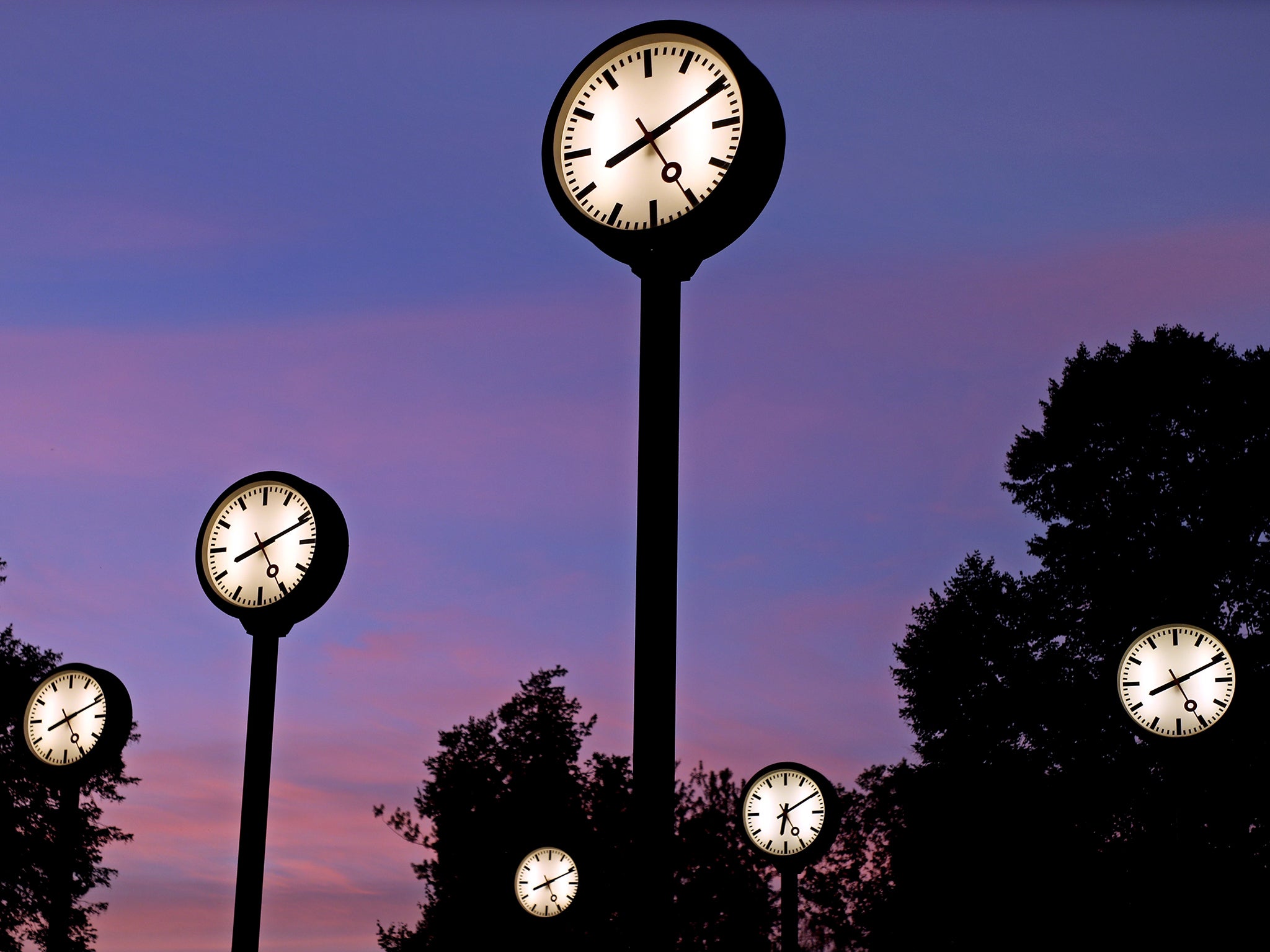The Earth is on a speed streak, spinning at a record fast pace since observations began. It looks like August 5 will mark one of the shortest days we’ve ever measured!
Recent estimates suggest that the first Tuesday of August could be roughly 1.25 milliseconds shorter than expected.
While a typical day here on Earth lasts 24 hours, or 86,400 seconds, various factors can make our rotation speed fluctuate.
The gravitational pull of the Moon generally works to slow down the Earth over time, leading to longer days.
Although scientists aren’t entirely sure why the Earth’s rotation is speeding up, a 2024 study hints that the melting of polar ice caps and the subsequent rise in sea levels could play a role.
The record for the shortest day was set on July 5, 2024, coming in 1.66 milliseconds shorter. In fact, shorter days seem to be a trend in recent years.

To account for this discrepancy, scientists have even suggested implementing a negative leap second, which means clocks around the globe would need a bit of a tweak.
As geophysicist Duncan Agnew from UC Santa Barbara puts it, “This is a unique and significant event.” He shared his thoughts on the subject in a publication in the journal Nature last year.
“It won’t cause a disaster or anything drastic, but it’s a noteworthy occurrence. It just adds to the evidence that we’re currently facing some unprecedented changes.”
Since 1972, we’ve seen a total of 27 leap seconds added to Coordinated Universal Time (UTC) to synchronize atomic time with astronomical standards.
This time around would mark the first instance of subtracting a second, and it’s unclear how our existing tech systems would handle such a change.
Patrizia Tavella from the Time Department at the International Bureau of Weights and Measures notes that any potential impacts need careful consideration before we move forward with a negative leap second.
“No negative leap second has ever been introduced or tested,” she stated, “so the potential issues it might bring are entirely unprecedented.”



















